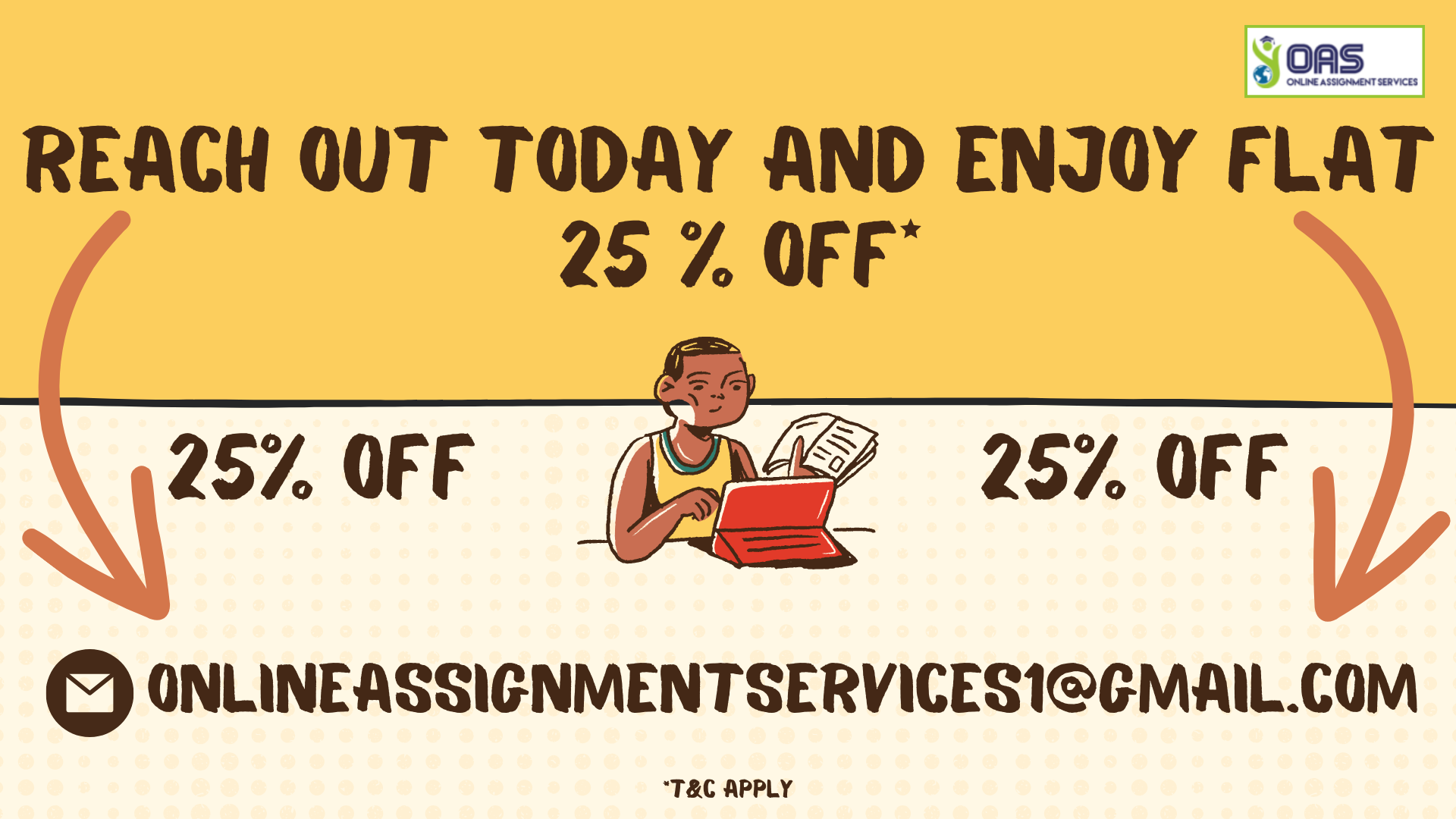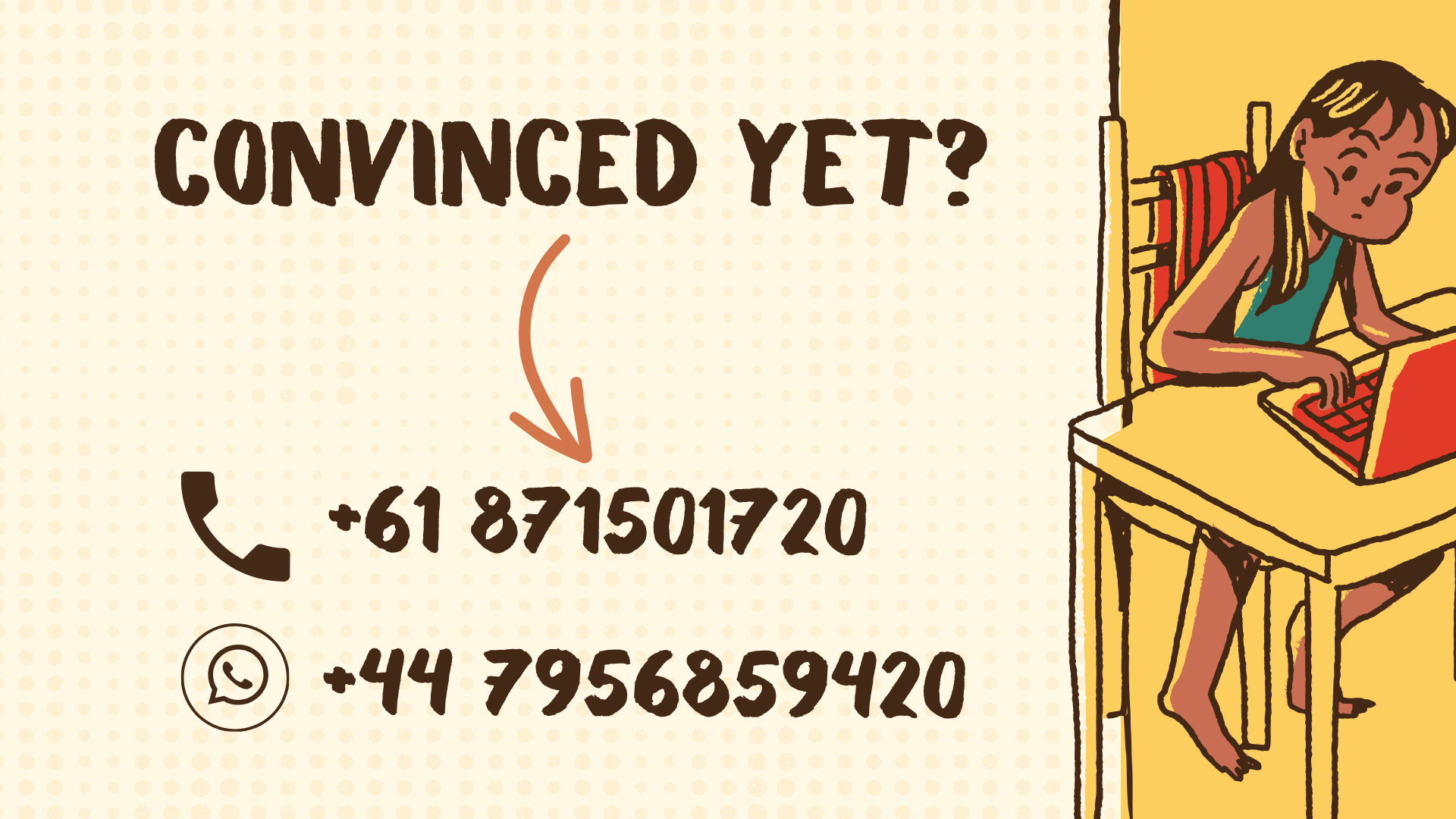EDEC110: The Young Child, Family, and Community Partnerships Essay Assignment Help

Question
EDEC110: This is an essay-based assignment for Excelsia University of Australia assessing the students’ learnings related to the partnerships between diverse families and communities. For this assessment, the student is supposed to write an article that explores diversity among families and the traits of successful partnerships between diverse communities. Additionally, the essay should also highlight the difficulties and benefits of creating and sustaining these relationships.
Solution
The solution for this assessment on Early Childhood Education remarks on the collaborations that occur between communities, families, and professionals from diverse backgrounds. Our experts have approached the topic through an elaborative as well as critical lens by using relevant and credible literature on the topic.
The solution is divided into three sections: Introduction, Discussion, and a brief Conclusion.
Introduction
The first section of the essay provides a brief foregrounding of the topic of partnerships among diverse families, communities, and professionals. You can read a snippet of the complete solution below:
Children and their development have long been a topic of concern for specialists, educators, policymakers, and family consultants. The role of the family, community, health care, and other professionals is therefore seen to be mutually related when it comes to ensuring the well-being and healthy development of children. For a long time, a debate ranged which made a divisive claim separating the biological elements innate to a child from the social or environmental factors which had an impact on their overall growth. This is the Nature vs Nurture debate which has been quite popular in the 20th century (Grace et al., 2017). However, recently scholars and psychologists have determined that it is not Nature vs Nurture but instead Nature and Nurture or Biology and the environment which determines the developmental process a child goes through (Grace et al., 2017). This implies that scholars no longer make the division that claims that children are products of their genes or that they are merely vessels who are socially conditioned by the people and experiences they come into contact with.
Feeling confused about Inclusive Education? Call us today at +61 871501720 to know more.
Discussion
The next section of the essay presents an elaborative discussion of the topic. Our experts have outlined the variety of families and the traits of successful partnerships that will be advantageous to the family in question as well as the children in question in detail. Additionally, the difficulties, benefits, and tactics used in creating and preserving professional, community, and family partnerships are also presented by our experts. The arguments presented here are supported by credible literature sources.
Multiculturalism is a characteristic feature of the modern-day 21st century and hence we occupy a space where diversity is the norm. With regard to this, it bears understanding that families and communities likewise are diverse and hence engagements and partnerships between communities, professionals and families likewise have to take this diversity into consideration. Promoting peaceful dialogue and warm exchanges between families and communities helps in creating a compassionate social environment which is beneficial for the all-round development of children (Hayes et al., 2019). Attitudes of tolerance, care, and compassion should be adopted by professionals when dealing with families and communities who belong to different ethnic, religious, or cultural heritage (Hayes et al., 2019). This implies that with globalization, modern 21st century has become a cultural melting pot and with this society has become much more heterogeneous. Families and communities likewise are both culturally, ethnically, and socially diverse. Hence, if professionals aim to take initiatives for the development of the learning and health processes of children coming from such diverse families and communities, they have to first understand the historical and cultural biographies of these communities and families (Grace, Hodge, et al., 2017). The Trust, Learn, and Care framework has been newly incorporated into the discipline of family studies to bring about a well-coordinated and compassionate exchange of dialogue between all parties involved (Hayes et al., 2019). Changes within society have brought about several challenges in maintaining and respecting diversity and it is through this framework, that an atmosphere of trust and tolerance is promoted and cultivated which would benefit all the stakeholders who are concerned about the well-being and development of the children within a familial or community-based social setting.
Often times due to the diverse nature of families, partnerships between communities, families, and professionals are often strained and full of challenges that hamper their effective development. This may be a result of numerous factors all of which require further understanding. Families belonging to the lower social and economic strata or linguistically minority communities often use English as a second language or have very little knowledge of English which is used in most educational, health, and professional institutions. Also, most educators too fail to understand the language or dialect spoken by tribal or linguistically minority communities. This affects their ability to effectively communicate with one another and also hampers their understanding of the situation under consideration (Bryan & Henry, 2012). This thus shows that language is one such barrier that is creating a strained relationship between families, communities, and professionals. Likewise, teachers or educators may lack knowledge about the cultural or familial practices of a given community. Some culturally diverse families value conformity to group rules even at the expense of selfactualization, whereas teachers always aspire to inculcate in children the habit of independent thinking. This inconsistency creates a rift in the mind of the children which makes families resentful towards institutions and professionals (Bryan & Henry, 2012). Imbalances in power equations between educators and families also result in strained relations whereby teachers often dismiss the opinions of families or might consider certain families to be not effectual in understanding the problems of the students due to their cultural or social standing (Grace, Hodge, et al., 2017).
Are you looking for The Young Child, Family, and Community Partnerships Essay Assignment Help? Let our highly qualified experts assist you. Reach out through WhatsApp at +447956859420.

Conclusion
The last section of the essay presents a concluding remark on the topic of essay and highlights all the important arguments presented in the essay.
The aim of this essay was to discuss in detail about the diversity of families and the characteristics of effective partnerships which will benefit both the family and the children under consideration. The primary thesis of this essay further put forward the challenges, rewards, and strategies adopted when developing and maintaining partnerships between families, communities, and professionals. The essay found that families and communities in the modern 21st century are diverse and hence engagements and partnerships between communities, professionals, and families likewise have to take this diversity into consideration.
We have provided only a snippet of the complete Collaborating With Families and Community Members Essay here. To know more, reach out at onlineassignmentservices1@gmail.com.

